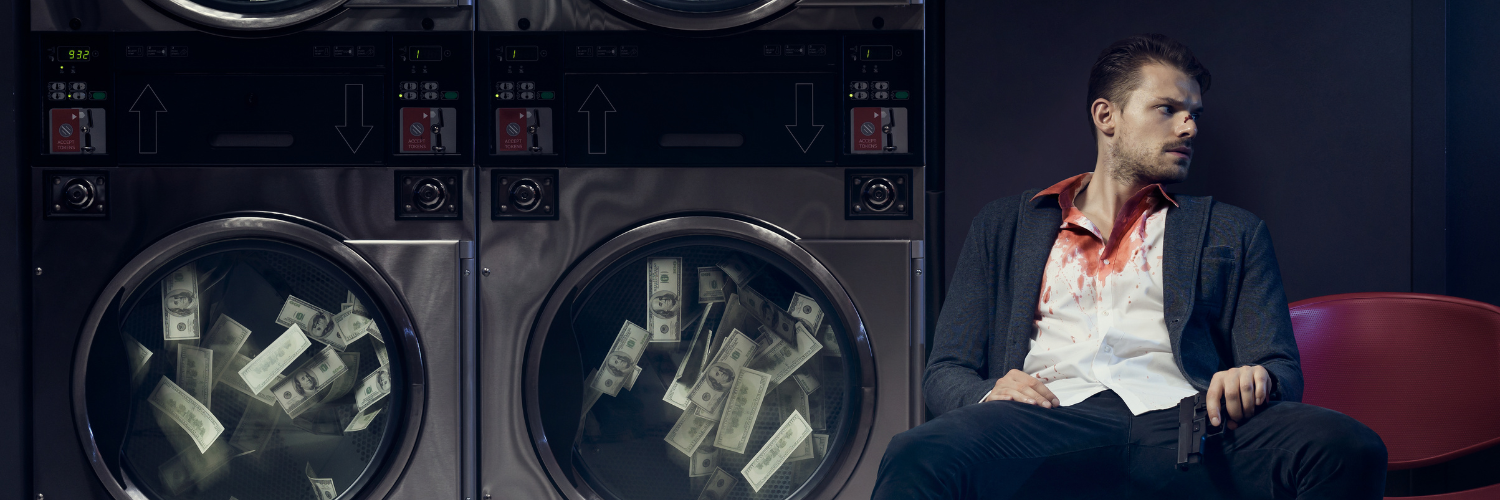

Banking and Money Laundering: Miami Vice
The 1980s on Wall Street was a decade of big personalities, big bonuses and a culture of excess that was accompanied by a meteoric rise in drug trafficking. The pressing need to launder large amounts of drug money led to collaboration between banks and criminal organisations.
To the banks and drug cartels, Bob Musella was a wealthy American businessman dressed in Armani who owned a chain of jewellery stores and ran an investment company from Miami. What they didn’t know was that he was Robert Mazur, an undercover DEA (Drug Enforcement Administration) agent who would eventually bring down drug lords and corrupt banks in one of the most successful anti-money laundering operations of all time.
“Miami is the crossroads of the international drug trade and this is where I did a lot of my business,” said Robert Mazur. With the help of two informants connected to a New York Mafia family and another based in Medellín, Colombia, Mazur mounted the most sophisticated undercover anti-money laundering operation ever conducted.
The evidence he gathered from this operation, known as C-Chase, was key for the US Senate Foreign Relations Subcommittee, led at the time by Senator John Kerry, to legitimise the closure of the Bank of Credit and Commerce International (BCCI), controlled by the Pakistani, Agha Hasan Abedi, which was dedicated to laundering money for the Medellín Cartel, led by Pablo Escobar.
The BCCI and the Medellín Cartel
To launder all this drug money, a series of companies were created with the help of some banking institutions, including BCCI. It was the seventh-largest private bank in the world, its reserves exceeded 20 billion dollars, and it had offices in 78 countries, including Spain.
According to US Customs documents, BCCI agents in Panama knew that the money came from drug trafficking by Colombian drug lords. They contacted Musella in December 1987 to suggest ways of laundering the money in several meetings in Miami, Paris, and London.
Law enforcement and investigative authorities nicknamed it the “International Bank of Thieves and Criminals” because of its penchant for serving customers who trafficked in guns, drugs and dirty money. Initially, the bank denied the charges, arguing it was a “malicious campaign” against the institution.
However, US and UK investigating authorities found that BCCI had been “deliberately set up to avoid centralised regulatory review, and operated extensively in secrecy jurisdictions”, adding that “its executives were sophisticated international bankers, the apparent aim of whom was to keep their affairs secret, commit large-scale fraud and avoid detection”. The entity was forced to cease all operations and shut down its business.
Fund lawsuits against banks. Get justice and returns on your savings above inflation thanks to the compensation the banks will have to pay. All the information about Litigation Funding can be found at 11Onze Recommends.




